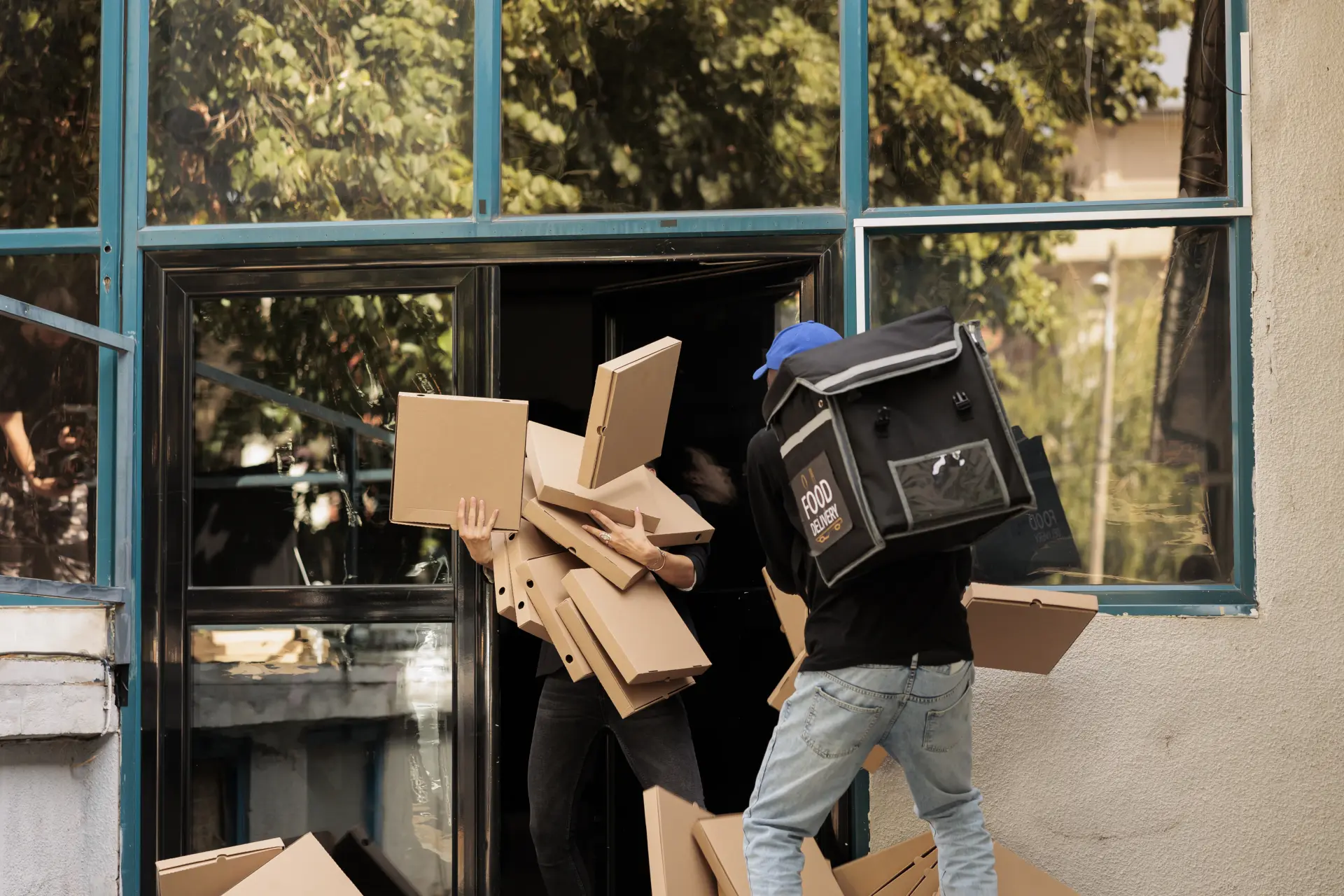Confirm What You Can and Cannot Remove Before Probate
Begin by checking whether probate is needed for the estate. Some actions are allowed before the grant, such as securing the property and paying necessary bills, but selling or giving away valuable assets may not be permitted. Clear guidance helps you avoid any legal trouble and major family disputes.
Clarify who has the legal authority to act. The executor, who is named in the will, or the administrator when there is no will, should make all the decisions. Written proof, such as a copy of the will or the court grant, when finally issued, will be needed for organisations and service providers.
Create a simple list of items that should not be moved until probate is granted. High-value jewellery, artwork, antiques and collections often fall into this group. Modest personal items, like clothing or toiletries, are usually fine to remove, but always seek advice if unsure.
Tell The Insurance Provider and Keep Cover In Place
Contact the home insurer as soon as possible to report the death and confirm the policy status. Many policies tend to stay valid after the death, but conditions may change for an empty property. Clear communication is necessary to maintain the cover's activity during the clearance period.
Ask the insurer about vacancy rules and security steps. Frequent inspections, well-maintained locks, and timed lighting may be required to maintain the policy's validity. Simple measures like closing blinds and removing any obvious post-build confidence is a great way to make sure that the property is well-looked-after.

Update the correspondence details so letters and emails reach the right person. The insurer may ask for proof of authority and a copy of the death certificate. Accurate contact information makes sure you receive renewal notices and any claim documents.
Review the sum insured and any limits on high-value items. Any contents that will remain until probate should still be protected. If the cover looks too low, you can request a temporary increase, and that way, you can ensure all valuable items are not underinsured.
Note Urgent Tasks Like Pets, Plants and Perishables
Act quickly by making sure you care for any pets that have been left behind. Please make sure they are in temporary housing with family, friends, or a rescue charity that ensures the animals are secure. Written notes about diet, medication and behaviour will help carers meet immediate needs.
Remove perishables from the kitchen and fridge to prevent smells and pests. All food waste should be placed in the correct council bins or a suitable recycling point. A brief cleaning of all surfaces and sinks will leave the property sanitary and pleasant for any future visits. Be sure to tend to live plants soon after the passing of your loved one; this also may be a great way to keep yourself occupied. Try watering, trimming and moving sensitive plants to brighter spots to save them. If you cannot keep them, consider gifting to neighbours or local community groups.
Check the home for small hazards that may worsen over time. Leaking taps, slow drains, faulty bulbs and weak batteries in alarms can all be fixed at low cost. Simple maintenance avoids damage and protects the value of the estate.
Separate Items to Keep, Donate, Sell or Recycle
Start with a calm, room-by-room sort using four clear categories. Have a 'keep' area for items with strong family meaning or clear future use, a 'donate' area for goods in clean, safe condition that a charity can accept, and a 'sell' area to fit quality items that could raise estate funds. It may also be wise to have a recycling area for any broken or unsafe goods.
Define fair and simple criteria for each category. For example, personal letters, photographs, and unique gifts often belong in the keep group. Duplicates of household items, spare linens and books in good order usually make suitable donations. Any designer clothing, mid-century furniture or quality electronics can be put on sale after a thorough valuation.

Create an inventory while you're in the sorting process. Short descriptions, estimated values and photographs will help you track all your decisions and are a great way to support the probate records later down the line. Listing the dates, times and names of the people present throughout this process will add plenty of clarity.
Arrange collections and drop-offs with care. Charities usually need items to meet their safety standards; for example, they may need to inspect the fire labels on sofas before accepting them. Auction houses or reputable dealers can advise you on pricing and timing for sales. Licensed waste carriers should handle anything that cannot be reused.
Arrange Fair Access For Family and Keep Records
Establish a simple plan for all visits to the property. Keep a shared calendar with all the agreed-upon days and times, as this will prevent any clashes and make sure no one enters alone if that feels unsafe. Clear boundaries help limit your stress at an already difficult time.
Control keys and entry codes with a sign-out log. Each person who takes a key should write their name, the date and the reason for access. Prompt returns keep security tight and make audits a whole lot easier.
Hold short meetings to review progress and decisions. Notes from each meeting should list what was moved, what remains, and any points of disagreement. Calmly, written records help settle all your questions without arguments.
Store all paperwork in one secure folder. Insurance letters, utility updates, inventories and photographs belong together. When probate is granted, these records will make the final steps much faster, and you'll be more confident in your decisions.
At House Clearance Hertfordshire, we can clear your loved one's home as carefully and safely as possible. We'll do all we can to help you organise items and furnishings to make sure they go to the right people and place. We can remove any existing waste and unwanted clutter, and do so with complete respect and dignity.


